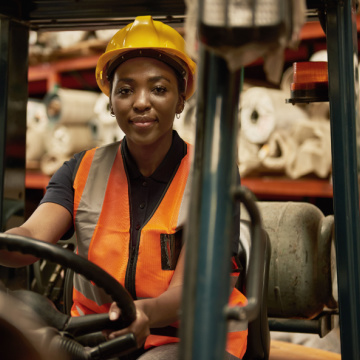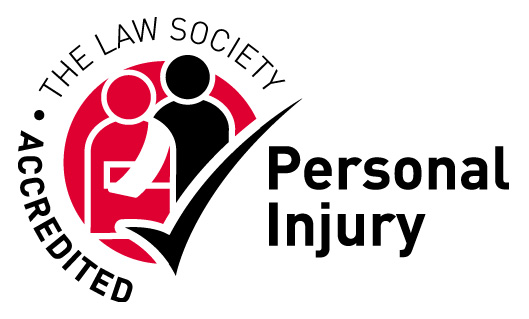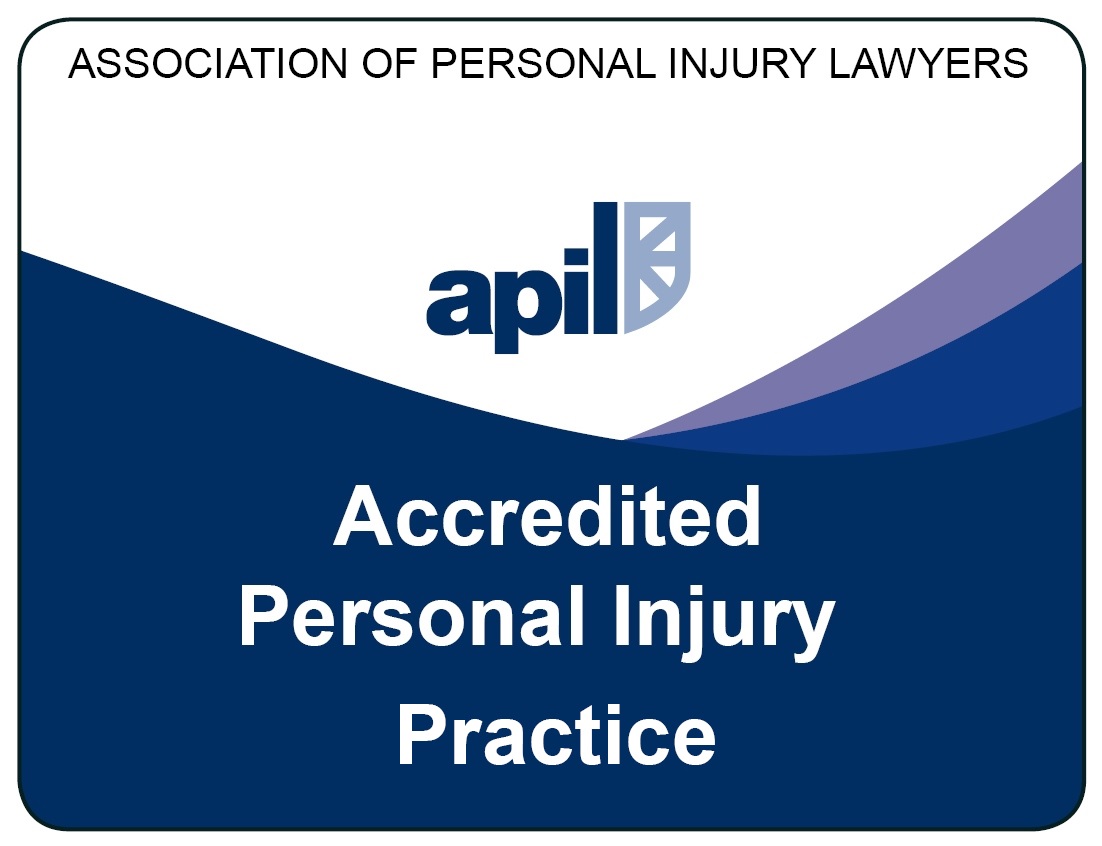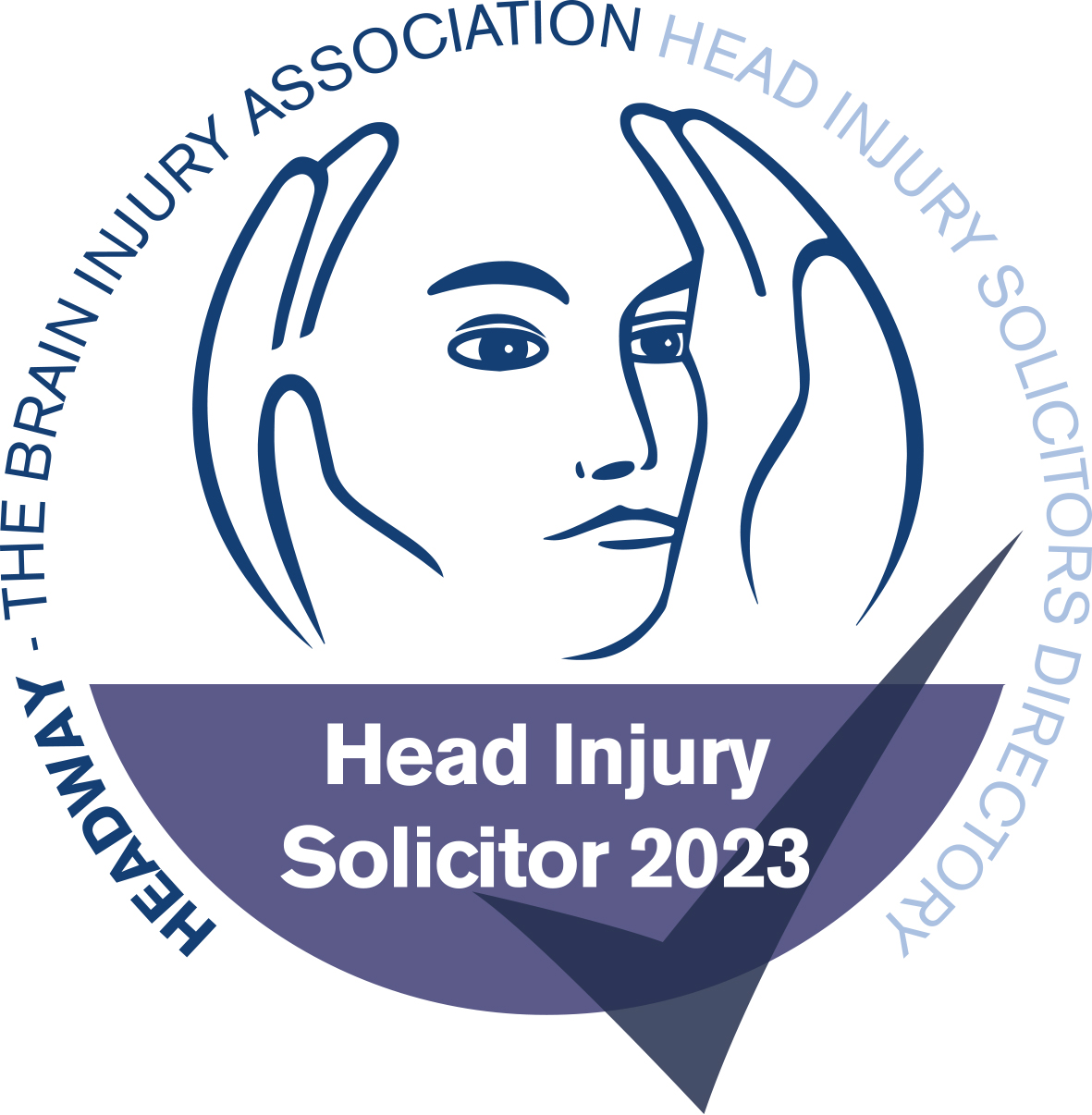




What To Do If You Have An Accident At Work
No matter where you work, you have the right to a safe working environment, and your employer is under an obligation to ensure your health and safety at work. If you suffer an injury due to an unsafe system of work, or an unsafe working environment, you are legally entitled to take action against your employer to claim compensation for your injuries.
According to the Labour Force Survey 2022, 565,000 workers sustained a non-fatal injury, and 123 workers sustained a fatal injury whilst at work during a 12-month period between November 2021- November 2022. The most common kinds of accidents in the workplace are slips, trips and falls on the same level (i.e. not from height), accounting for 30% of workplace accidents [Health and Safety Executive Statistics 2022].
Accidents can occur at a variety of different workplaces, from an office to a construction site, and can arise from a variety of different job roles. Some of the most common job roles resulting in accidents are set out below:
– Forklift Truck
– Scaffolding
– Manual Handling
– Factory
How to make a claim for compensation following an accident at work?
In order to claim compensation for an injury sustained as a result of an accident at work, three key questions need to be satisfied:
1) Does your employer owe you a duty of care?
2) Has your employer breached their duty of care?
3) Has this breach caused you to sustain a personal injury and if so, what is the extent of your injuries?
The answer to question one is often straightforward; all employers have a duty to protect the health, safety and welfare of their employees and other people who might be affected by their work activities. The answers to questions two and three above largely rely on evidence. There needs to be evidence that an employer has breached their duty and that this breach caused your injuries. Evidence can come in various forms, and the more evidence you can produce, the more likely it is that your claim will be successful. By following the below steps, you will be able to gather a lot of the necessary evidence to help you succeed in your claim.
What steps should I take following an accident at work?
i) Seek medical attention
The first thing you should do after being involved in an accident at work is seek medical attention. Your employer should have nominated a first aider, and you should have been made aware of who they are. You should report the accident to them immediately. If your injuries require immediate medical attention, an ambulance might be called and you might be taken to the emergency room. If your injuries do not require immediate attention, it is important that you make an appointment with your GP, or another healthcare professional, as soon as possible in order to report your injuries.
ii) Report the accident and your injuries to a healthcare professional
When reporting the accident and your injuries to a healthcare professional, whether that be somebody at the emergency room or your GP, it is important to relay as much information as you can remember about how the accident occurred. When making a claim for compensation, your solicitor will normally request copies of your medical records, and any account of how the accident occurred can form an important part of establishing what happened. Since your report at the hospital/GP Practice could be the first account of how the accident happened, it is important to give as much information as possible.
Furthermore, it is important to tell the healthcare professional all of the symptoms you have experienced as a result of your injuries, even if you are no longer suffering from them. Not only is this important to ensure that you get the professional care you need, as previously mentioned, once it has been proven that your employer is liable for your injuries, the amount of compensation you will receive needs to be calculated. Your medical records can be used for evidence of your injuries, as well as evidence of how your injuries have affected you. It may be helpful to put together a list of your symptoms, how they have affected your daily life and whether you have required any care or assistance from others. This will also show how long your recovery has taken. You could also take photos and video of your injury if you think this will assist. In addition to recording your injuries, it would be helpful to record any expenses and financial losses related to your injury eg loss of earning, travel costs or damaged property, as you might be able to claim these costs back.
iii) Accident report/book
No matter how serious your injury is, it is important to make sure that your employer has recorded your injury in their accident book. Even if you do not anticipate making a claim for compensation when your accident happens, you might later change your mind and therefore it is important to ask your employer to record it as soon as possible. Accident reports are a very useful piece of evidence to show when, how and why the accident occurred.
If the company you work for has more than 10 employees, they are required by law to put your injury in an accident book. If you have sustained a more serious accident which has resulted in you being absent from work for more than seven days, or if your injury is specified on a pre-defined list of injuries (see: The Reporting of Injuries, Diseases and Dangerous Occurrences Regulations 2013 (RIDDOR)) then your employer is required to report the injury to the Enforcing Authorities under RIDDOR. Only 61,713 accidents were reported in 2022 and so it is important that you ensure your employer has reported your accident if the extent of your injuries require them to do so.
You should ask to see the accident report, and you should check that the accident circumstances have been recorded correctly. You do not need to sign the report immediately. If you do not feel well then you can wait until you feel better, or you can refuse to sign it if you believe that the report is inaccurate.
iii) Witnesses – the process
Another important piece of evidence that can be gathered to assist your claim is witness evidence. If anybody saw your accident and/or if anybody is aware of the unsafe system of work or hazard that caused your injury, they could help make your case stronger by providing a statement. It would be useful to get the contact details of anybody who you think might be able to assist as early as possible. Your solicitor will then contact the witness to find out what information they have that could assist with your case. They will then draft a statement on their behalf and send it to them for checking. If the witness confirms that they are happy with the statement and that everything in accurate, they will then sign and date the statement and it can be used to assist your case.
Often, people find the idea of being a witness daunting. They might also think that by being a witness, they will have to spend time and money going to court. If you know somebody who you think could assist if your case, but they are worried about being a witness, you can advise them that a very high percentage of cases do not go to court and instead they end up settling through a means of negotiation between the two parties. This means that although the witness statement would be used in the claim to help determine how the accident occurred, the witness would not need to attend court, or assist any further once their statement has been signed.
Of course, some cases do end up going to court and the witness may be required to attend. If this is the case, your solicitor will serve them with a witness summons to attend court. They will serve this with plenty of notice, and the witness would be paid reasonable expenses to cover travel, childcare, food and loss of earnings. It is likely that your solicitor will meet with the witness beforehand to discuss their statement with them and to give them an idea of what will happen at court on the day.
At Court, the witness’ name will be called and they will be shown to the witness box in the courtroom. They will be asked to repeat an oath, or promise to tell the truth. Your solicitor will then start to ask them questions. The witness can ask them to repeat a question, ask them to word it in a different way, say if they don’t know the answer to the question or ask them to explain any words they don’t understand. The witness will then be asked questions from the other side’s solicitor, which is known as cross-examination. Again, they will be able to ask them to clarify any questions they are asked.
There will be a Witness Services facility at the Court who will be able to assist the witness with any queries they may have. Any vulnerable witnesses can request extra support, for example by giving evidence from behind a screen, giving evidence using a television link from a remote location, or having a support person present when giving evidence.
Witnesses can make a big difference on the outcome of a case and so it would be very useful to get the contact details of any potential witnesses as soon as possible following your accident.
How long do I have to make a claim?
You have three years from the date of the accident occurring to make a claim. This three years is known as the ‘limitation period’. The period stops running when a claim begins at Court, and not when you contact a solicitor, and therefore it is important to contact a solicitor well in advance of the limitation period coming to an end.
There are however some exceptions to this rule. For example, for claims involving children, the three-year period does not start until they reach the age of 18. For those with mental incapacity, this timeframe only starts to run if they regain capacity.
Make a claim now by calling 0800 342 3206 or
Start your claim




